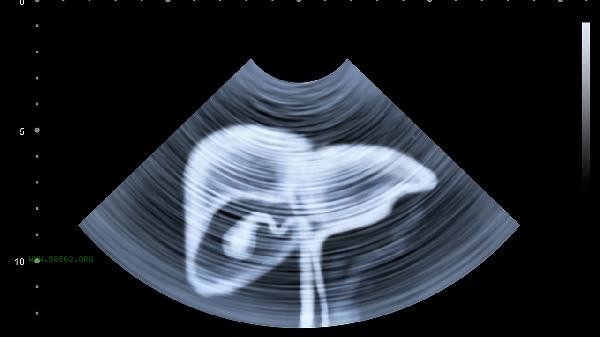The softness and hardness of the abdomen are related to health status. In most cases, a soft and elastic abdomen is more ideal, but in certain situations, hardness may reflect different physiological or pathological states. The sensation of the abdomen is mainly influenced by factors such as muscle tone, fat distribution, and visceral state.

In a healthy state, the lower abdomen should be soft and slightly elastic, which usually indicates normal gastrointestinal peristalsis and no severe bloating or inflammation. Moderate fat layer and abdominal muscle relaxation can make the touch softer, commonly seen in people with moderate body fat and good digestive function. Short hardening after meals is a normal phenomenon and is related to gastrointestinal fullness. Long term softness accompanied by abnormal elevation should be cautious of the possibility of excessive visceral fat or ascites.
Abnormal abdominal stiffness may indicate various conditions: physiological hardening may occur after abdominal muscle tension exercise; Constipated individuals often have hard stool in their lower left abdomen; Complete abdominal stiffness with tenderness during intestinal obstruction; gynecological tumors or uterine fibroids may cause local stiffness in the lower abdomen. Pathological abdominal muscle rigidity caused by diseases such as cirrhosis and peritonitis is often accompanied by symptoms such as fever and rebound pain, and is considered an emergency manifestation.

Daily abdominal breathing training can enhance abdominal muscle elasticity and avoid abdominal relaxation caused by prolonged sitting. During regular palpation and self-examination, pay attention to comparing the differences in hardness between different areas. If sudden total abdominal stiffness or persistent local hard lumps occur, seek medical attention in a timely manner. Increasing dietary fiber and probiotic intake can help maintain intestinal flexibility and reduce abdominal stiffness caused by constipation.








Comments (0)
Leave a Comment
No comments yet
Be the first to share your thoughts!